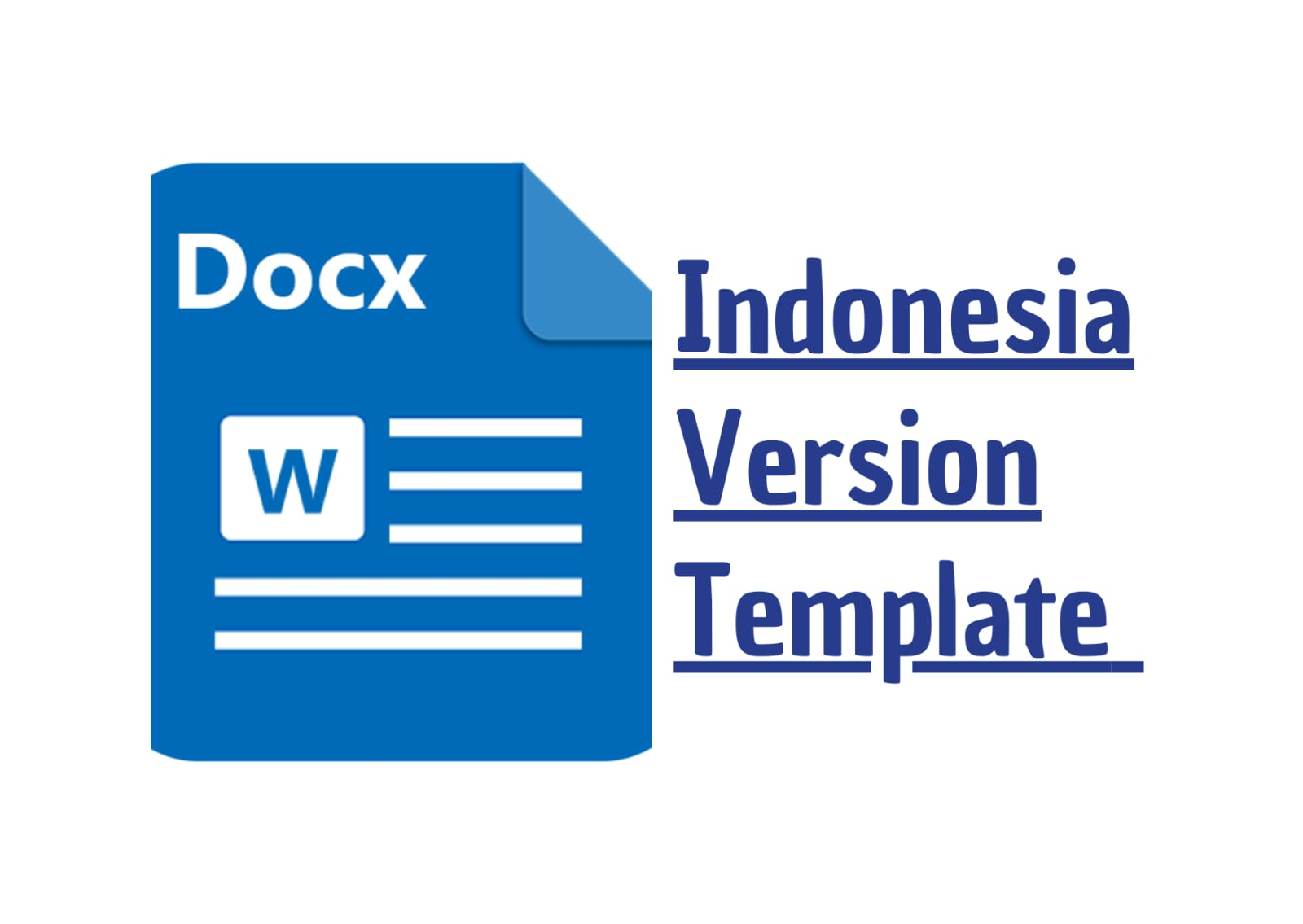Analisis Desentralisasi Fiskal Dalam Pandangan Ekonomi Islam
DOI:
https://doi.org/10.56799/jceki.v2i2.1402Abstract
This study aims to analyze issues in fiscal decentralization and Islamic economic views on economic decentralization. This research is a literature study in which information is obtained from books, scientific papers, theses, dissertations, encyclopedias, the internet, and other sources. The results of this study indicate that the implementation of regional autonomy and fiscal decentralization are like two sides of a coin that cannot be separated. This is regulated in laws and regulations concerning regional government and concerning financial balances between the center and the regions. Many observers say that the system of decentralization and regional autonomy is much better than the system of centralized government. In the view of Islamic economics regarding economic decentralization which refers to fiscal decentralization, there are several elements of fiscal theory including: first, the Islamic economy consists of three economic sectors, namely, the private sector, the social/voluntary sector, and the public sector. Second, Zakat as the basis of the fiscal system. Third, the allocation, distribution and stabilization functions of the Islamic economy are processed and implemented through all these sectors together. Fourth, the role of the public sector compared to other sectors is minimal but important as long as it operates continuously to ensure optimal allocation of existing resources in society, distribution of income, and building stability.
Downloads
References
Abdul Kahar Maranjaya. (2022). Penataan Daerah dalam Pelaksanaan Desentralisasi. Glosains : Jurnal Global Indonesia, 3(1), 1–7.
Abidin, M. Z. (2015). Tinjauan atas Pelaksanaan Keuangan Desa dalam Mendukung Kebijakan Dana Desa. Jurnal Ekonomi & Kebijakan Publik, 6(1), 61–76.
Andriansyah, Y. (2017). MENUJU DESENTRALISASI KEBIJAKAN EKONOMI DALAM ISLAM: Pengalaman Dinasti ῾Uṡmaniyyah Abad 16-18 M dan Indonesia di Masa Orde Baru. Al-Amwal : Jurnal Ekonomi Dan Perbankan Syari’ah, 9(1). https://doi.org/10.24235/amwal.v9i1.1280
Arina, A. I. S., Masinambow, V., & Walewangko, E. N. (2021). Pengaruh Dana Desa Dan Alokasi Dana Desa Terhadap Indeks Desa Membangun Di Kabupaten Minahasa Tenggara. Jurnal Pembangunan Ekonomi Dan Keuangan Daerah, 22(3), 22–41. https://ejournal.unsrat.ac.id/index.php/jpekd/article/view/35490
Fartini, A. (2022). Politik Hukum Otonomi Daerah Pasca Amandemen UUD 1945 Upaya Menjaga Keseimbangan Antara Prinsip Unity dan Diversity. Pledoi Jurnal Hukum Dan Keadilan, 1(1), 1–9.
Hamid, A., & Willem, R. (2022). Administrasi Pertanahan Dalam Sistem Undang-Undang Pokok Agraria Dan Otonomi Daerah. PETITUM, 10(1), 100–106.
Hastuti, P. (2018). Desentralisasi Fiskal Dan Stabilitas Politik Dalam Kerangka Pelaksanaan Otonomi Daerah Di Indonesia. Simposium Nasional Keuangan Negara, 1(1), 785–787. https://jurnal.bppk.kemenkeu.go.id/snkn/article/view/293
Hasyim, M. (2021). Prinsip Otonomi Daerah Dalam Pengelolaan Keungan Daerah Pasca Berlakunya Peraturan Presiden No 33 Tahun 2020 Tentang Standar Harga Satuan Regional. Mimbar Keadilan, 14(1), 95–106.
hendra karianga. (2017). carut marut pengelolaan keuangan daerah di era otonomi darah perspektif hukum dan politik. kencana.
Kamaroellah, R. A. (2017). Analisis Tingkat Kemampuan Keuangan Daerah Dalam Mendukung Pelaksanaan Otonomi Daerah. NUANSA: Jurnal Penelitian Ilmu Sosial Dan Keagamaan Islam, 14(1), 123. https://doi.org/10.19105/nuansa.v14i1.1316
Khusuma, B. (2013). Desentralisasi Fiskal Dan Pertumbuhan Ekonomi : Sebelum Dan Sesudah Era Desentralisasi Fiskal Di Indonesia. Jurnal Ekonomi Dan Studi Pembangunan, 14(2), 101–119.
Madjid, N. V., Hukum, F., & Ekasakti, U. (2022). Penyelesaian kerugian daerah akibat kelalaian bendahara. Swara Justisia, 6(3), 218–228.
Milya Sari. (2020). Penelitian Kepustakaan (Library Research) dalam Penelitian Pendidikan IPA. NATURAL SCIENCE: Jurnal Penelitian Bidang IPA Dan Pendidikan IPA, 6(1), 41–53.
Mubarok, F. K. (2021). Analisis Kebijakan Fiskal dalam Perspektif Ekonomi Islam; Sebuah Kajian Historis Pada Masa Umar bin Khattab. Iqtisad Reconstruction of Justice and Welfare for Indonesia, 8(1), 81. https://doi.org/10.31942/iq.v8i1.3521
Rudolf Valentino Saragih,M. S.Tumanggor, N. S. (2021). Harmoniasasi Pengaturan Tentang Penerbitan Obligasi Daerah Sebagai Salahsatu Sarana Investasi Bagi Masyarakat Dan Sumber Pendanaan Bagi Pemerintah Daerah. Jurnal Hukum Tora, 7(2), 306–324. https://doi.org/10.33541/tora.v12i3.1295
Saputri, G. (2021). Pengaruh Desentralisasi Fiskal Terhadap Tingkat Pengangguran di Provinsi Lampung Menurut Perspektif Ekonomi Islam. Skripsi, 1–116.
Setianingrum, A. (2013). Perspektif Kebijakan Publik Islam. Ekonomika-Bisnis, 4(1), 1–12.
Simanjuntak, K. (2015). Implementasi Kebijakan Desentralisasi Pemerintahan di Indonesia. Jurnal Bina Praja, 07(02), 111–130. https://doi.org/10.21787/jbp.07.2015.111-130
Sulistio Adiwinarto, Amara Diva Abigail, M. A. W. (2021). Pertanggungjawaban Pemerintah Daerah Dalam Pengelolaan Obligasi Daerah. Fairness and Justice : Jurnal Ilmiah Ilmu Hukum, 19(32), 1–14.
Wibowo, E. A., & Oktivalerina, A. (2022). Analisis Dampak Kebijakan Desentralisasi Fiskal terhadap Penurunan Tingkat Kemiskinan pada Kabupaten/Kota: Studi Kasus Indonesia pada 2010 - 2018. Bappenas Working Papers, 5(1), 97–119. https://doi.org/10.47266/bwp.v5i1.117
Yane Alice Doce & Zainudin Adang Djaha. (2022). Analisis Kinerja Komponen Pendapatan Asli Daerah Pada Pemerintahan Daerah Kabupaten Lembata (Studi Kasus Pada PT. Pelindo III Kupang). Jurnal Akuntansi, 9(1), 29–38.
Downloads
Published
How to Cite
Issue
Section
License
Copyright (c) 2023 Yeyen Novita, Reni Indriani Agustine, Abdul Aziz Nugraha Pratama

This work is licensed under a Creative Commons Attribution 4.0 International License.











